Last Updated: December 14, 2020
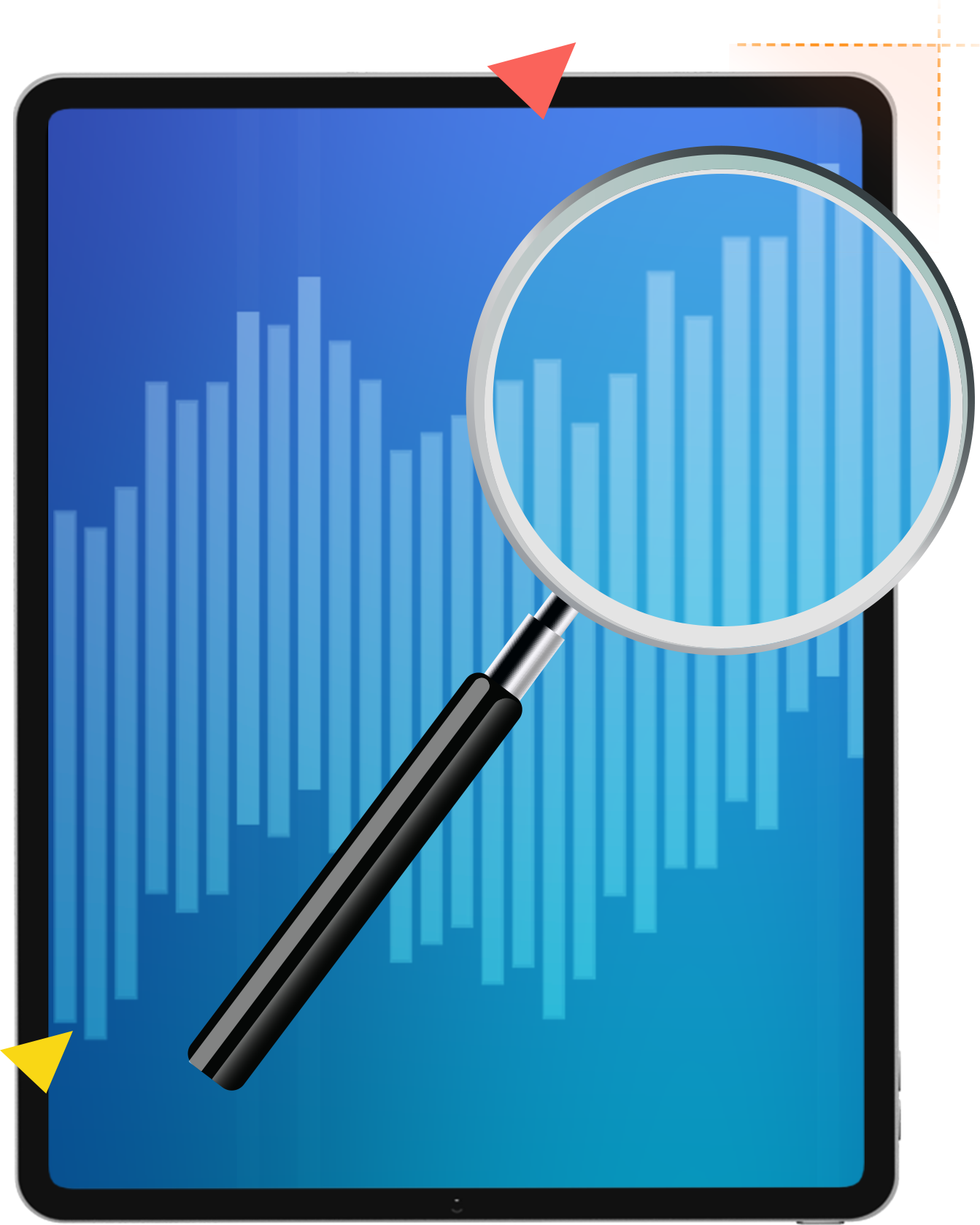
How To Stay Focused:
Strategies and tools for laser concentration
These days, knowing how to stay focused is a superpower.
Distractions are everywhere. Knowing how to tune out those distractions and focus on important things truly does set you apart from the crowd. It enables you to make more progress and get more done than everyone else.
Tony Robbins said, “Most people have no idea of the giant capacity we can immediately command when we focus all of our resources on mastering a single area of our lives.”
If you master the art of focus, your life will be transformed.
In this guide, we’re going to give you a number of specific, proven strategies for how to focus. You’ll learn how to increase focus, how to sustain it, and what to do if it’s waning.
Ready? Let’s get started.
The Importance of Staying Focused
Before we talk about specific strategies and tools for staying focused, let’s talk about why it’s so important. When you’re crystal clear on why being focused matters, it helps you be more motivated.
So why is focus so important? Because it allows you to do the things that actually matter most to you.
Think about the things that distract you and sabotage your focus. Social media. YouTube. Reddit. News sites. Email.
Do these things add much value to your life? Do Facebook memes and Buzzfeed quizzes give you deep satisfaction and help you build the life you want? Probably not. They suck you in and you end up wasting hours on things that don’t really matter. Honestly, do you really care which character from Friends you are?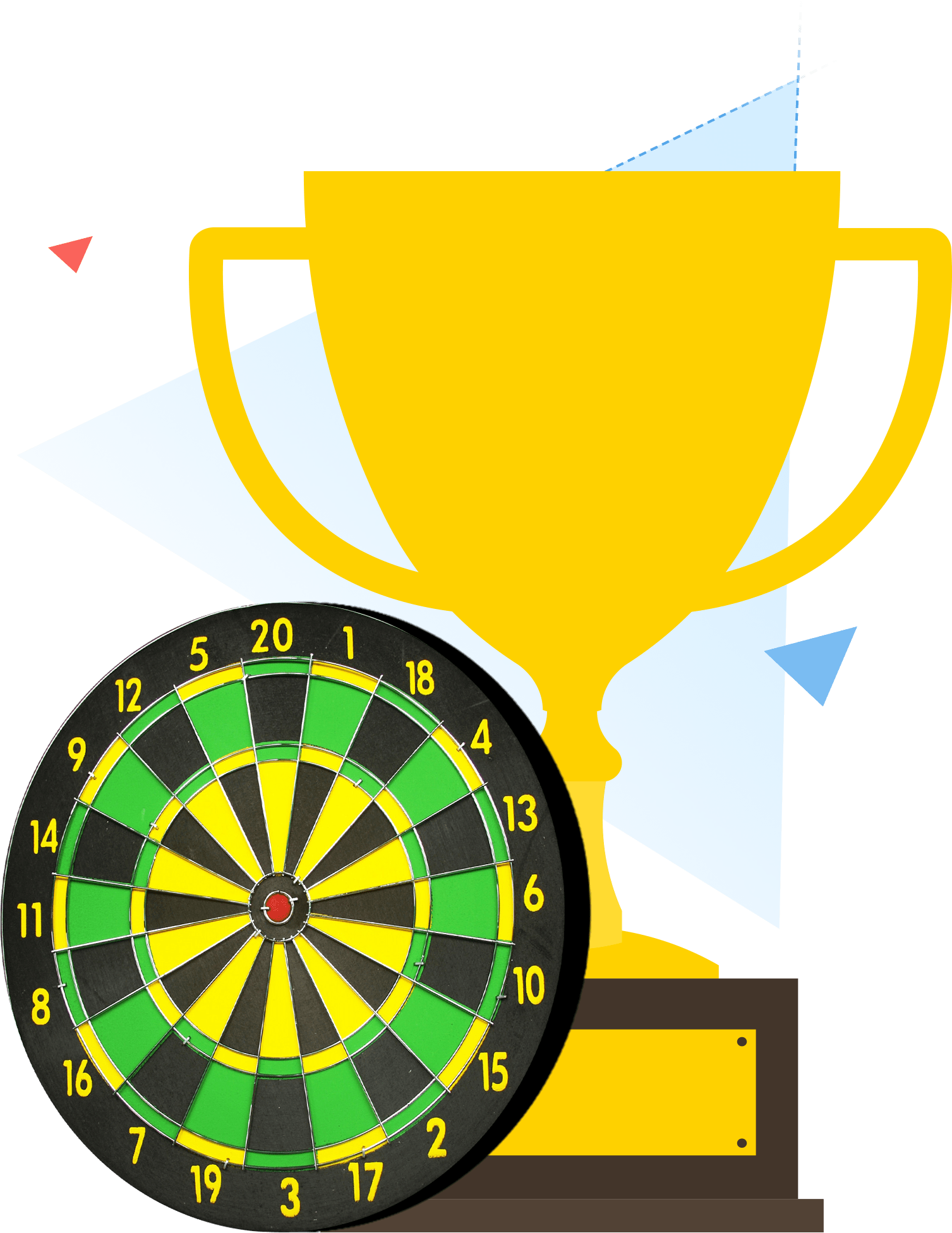
When you’re able to stay focused, you can get more done in less time. You don’t have to work insane hours or be at the office over the weekend. This then frees you up to do things that you truly enjoy, like spending time with friends, reading good books, and watching your favorite shows on Netflix.
Plus, you’ll actually make progress on important projects! You’ll actually finish the program you’re writing or the website you’re building or the screenplay you care so much about.
Bottom line: Focus matters.
A lot.
A meaningful life is a focused life.
If you find yourself struggling to maintain concentration, the first thing to do is come back to your purpose. Why are you striving for focus? What will the outcome be if you focus your energy and attention on the things that matter most to you?
How To Stay Focused: Powerful Strategies and Tools
Now that you know the importance of staying focused, let’s talk about some specific strategies and tools for improving focus.
Establish A Pre-Work Ritual
A ritual is an action or series of actions that you perform on a consistent basis. Drinking a cup of coffee when you wake up every morning is a ritual. Brushing your teeth at night is a ritual.
One reason rituals are so helpful is that they can prime your body and mind. They alert you that something is about to happen and help you get in the right mindset. When you brush your teeth at night, it’s a signal to your body that it’s time to start winding down for bed, which ultimately leads to better sleep.
Creating a pre-work ritual can help you establish and maintain focus. It’s a way of telling your brain that it’s time to concentrate on the task at hand.
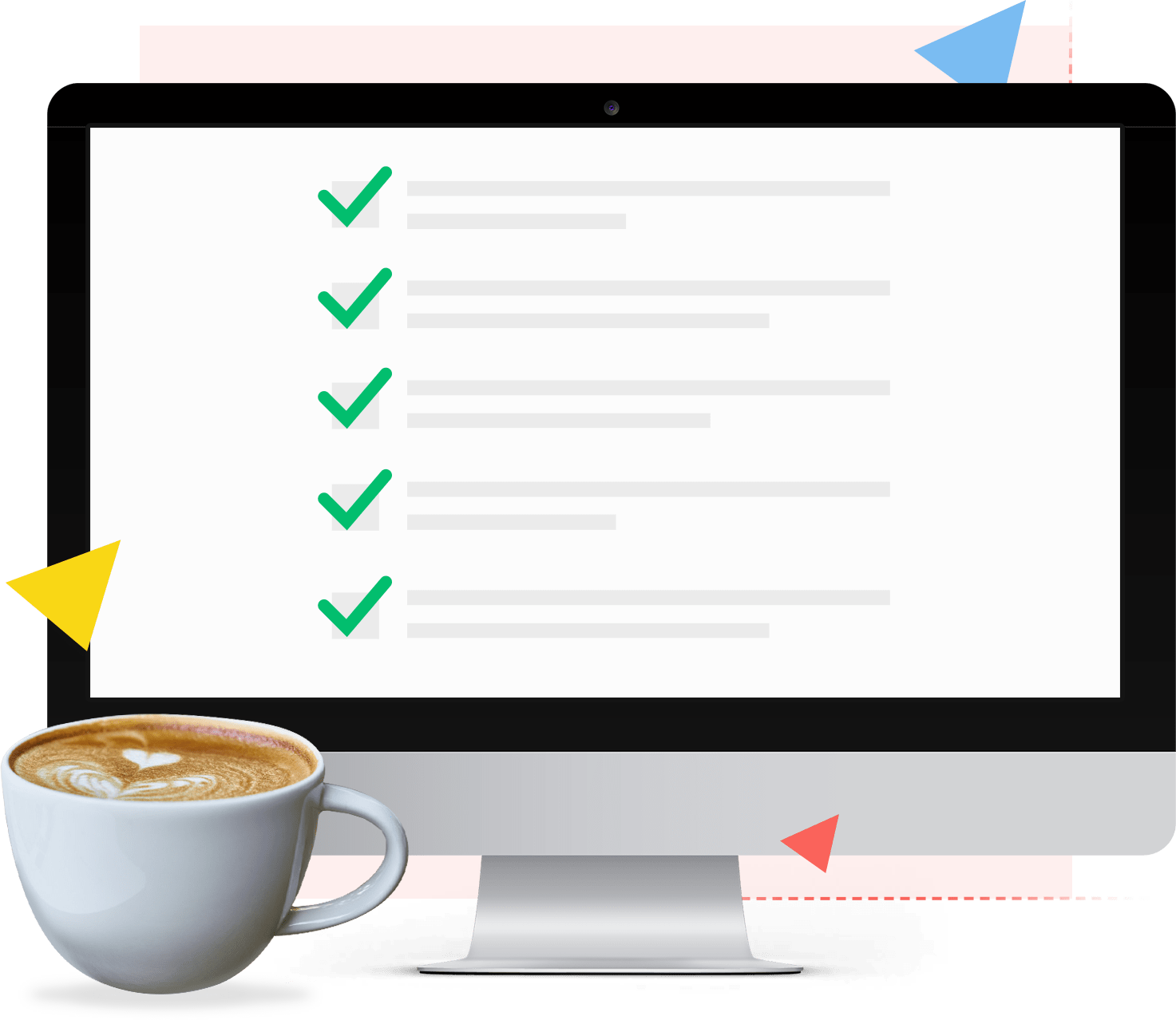
Your ritual can include any number of actions:
It doesn’t matter so much what you do but that you do it consistently. The more you do it, the more it will become ingrained in your mind.
Manage Your Energy

This may seem obvious, but its importance can’t be overstated. Your energy levels directly correlate with your ability to focus. If you’re tired, you’ll have a much harder time concentrating, especially on mentally demanding tasks.
The most obvious way to manage your energy is to get sufficient sleep every night. If you’re consistently operating on four hours of sleep, staying focused will be challenging, to say the least.
Taking a short power nap can give you a tremendous energy boost. Thomas Edison, Margaret Thatcher, and Winston Churchill all relied on naps to help them be productive and focused throughout the day.
If you really want to benefit from a power nap, drink a cup of coffee immediately before lying down. Why is this so effective? Scientists think it has to do with the chemical adenosine. When you’re tired, there are increased levels of adenosine in your body. When you lay down to sleep, those levels begin to fall.
Adenosine and caffeine both compete for the same receptors in your brain. So, as adenosine levels fall, more of those receptors are available to the caffeine. When you wake up from your nap, your brain is refreshed both by the nap and the extra jolt of caffeine you gave it.
If you struggle to focus, take a close look at how you manage your energy. If you want to focus better, maintain optimal energy levels every day.
Create A Most Important Task Every Day
Every day, you need to establish a Most Important Task. Your MIT is the one thing that will move the needle most for you. It’s the task that will produce the biggest results in your life. Maybe it’s writing a chapter of a book. Maybe it’s finishing a sales presentation. Maybe it’s coding a web page.
If you’re not sure what your MIT is, this question from the book The ONE Thing may help: “What’s the ONE thing you can do this week such that by doing it everything else would be easier or unnecessary?”
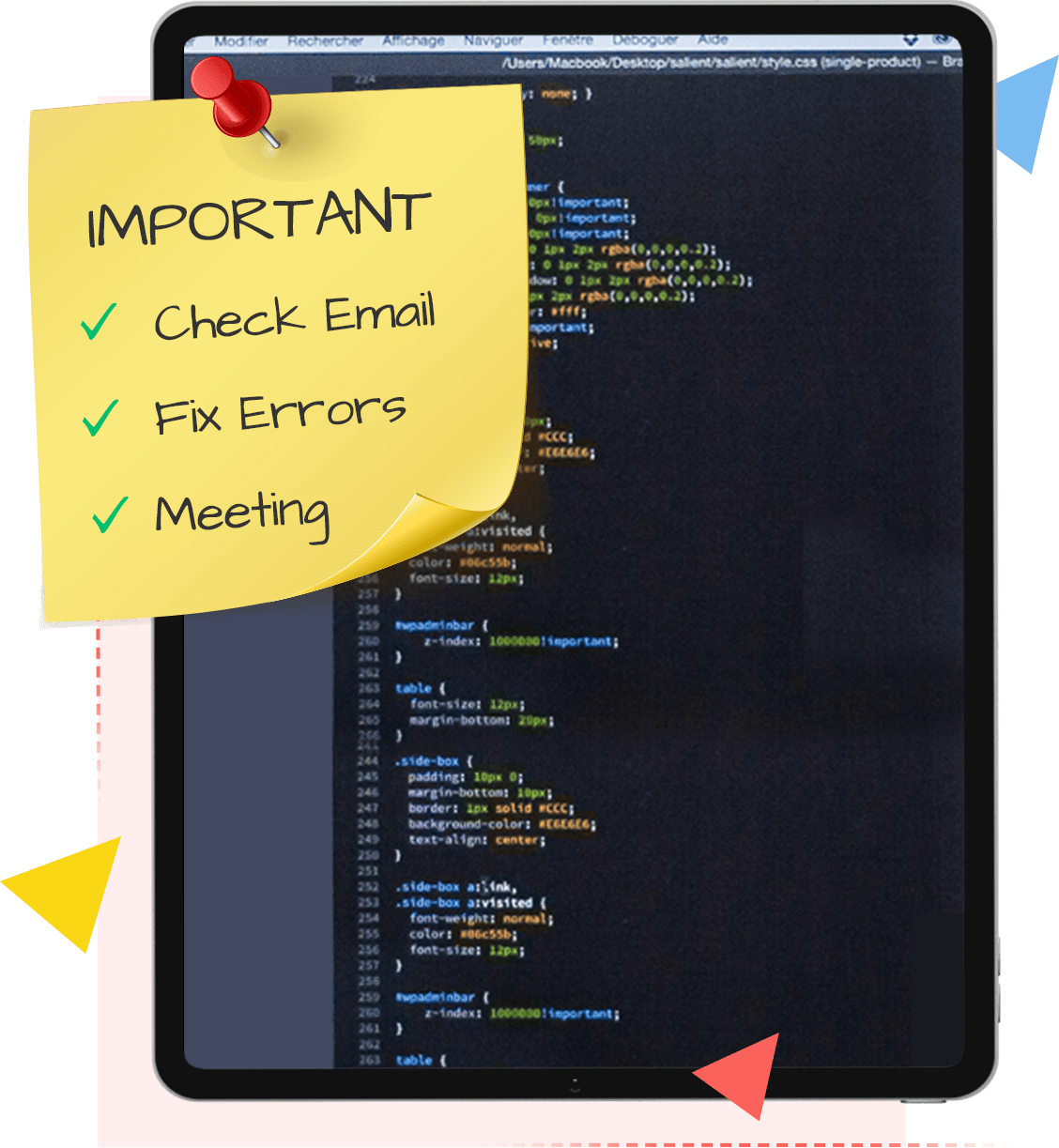
Once you’ve established your MIT, don’t do anything else until you complete it. No social media or email or news. Give all your attention and energy to the work before you without allowing yourself to be sidetracked.
If possible, follow the Eat That Frog strategy and do your MIT first thing in the morning. That way, even if you don’t get anything else done that day, you’ve worked on the thing that matters most to you. Plus, you’re mentally freshest in the morning, allowing you to give your best to the task
Eliminate Multitasking
It’s a long established fact that multitasking kills focus and makes you less productive. A study at Stanford in 2009 demonstrated that multitaskers have a shorter attention span, less memory capacity, and diminished ability to switch between tasks compared to those who don’t multitask.
When you multitask, you must constantly shift your focus back and forth between multiple things. Your brain isn’t designed to work like this. With every switch, your brain has to reorient itself, costing you both time and energy.
Don’t scatter your attention across a number of different things. Don’t believe the myth that you can do two things at once. Focus on one thing at a time and don’t allow anything to break your concentration.
Business tycoon Andrew Carnegie said, “And here is the prime condition of success, the great secret— concentrate your energy, thought and capital exclusively upon the business in which you are engaged.”
Do Deep Work
The opposite of multitasking is deep work. Deep work is creating significant blocks of uninterrupted time to do meaningful work on important things. Deep work involves setting aside “shallow” activities, like email or texting, and focusing on getting important things done.
As Cal Newport says in his book Deep Work:

If you service low-impact activities, therefore, you're taking away time you could be spending on higher-impact activities. It's a zero-sum game.
Deep work allows you to do tasks that require significant mental energy and focus - the kinds of tasks you can’t do if you’re constantly distracted. You can make more progress on important projects in one hour of deep work than eight hours in a state of constant distraction.
Novelist Neal Stephenson, who writes huge, lengthy novels, once posted the following on his website:

The productivity equation is a non-linear one...This accounts for why I am a bad correspondent and rarely accept speaking engagements. If I organize my life in such a way that I get lots of long, consecutive, uninterrupted time chunks, I can write novels. But as those chunks get separated and fragmented, my productivity as a novelist drops spectacularly.
There are only 24 hours in a day, and every hour spent on trivial activities is an hour not dedicated to things that actually matter. If you want to make a real difference and to accomplish great things, you need to make space for deep work. If you don’t proactively do this, less meaningful things will grab your attention and dilute your focus.
Schedule Your Days In Advance
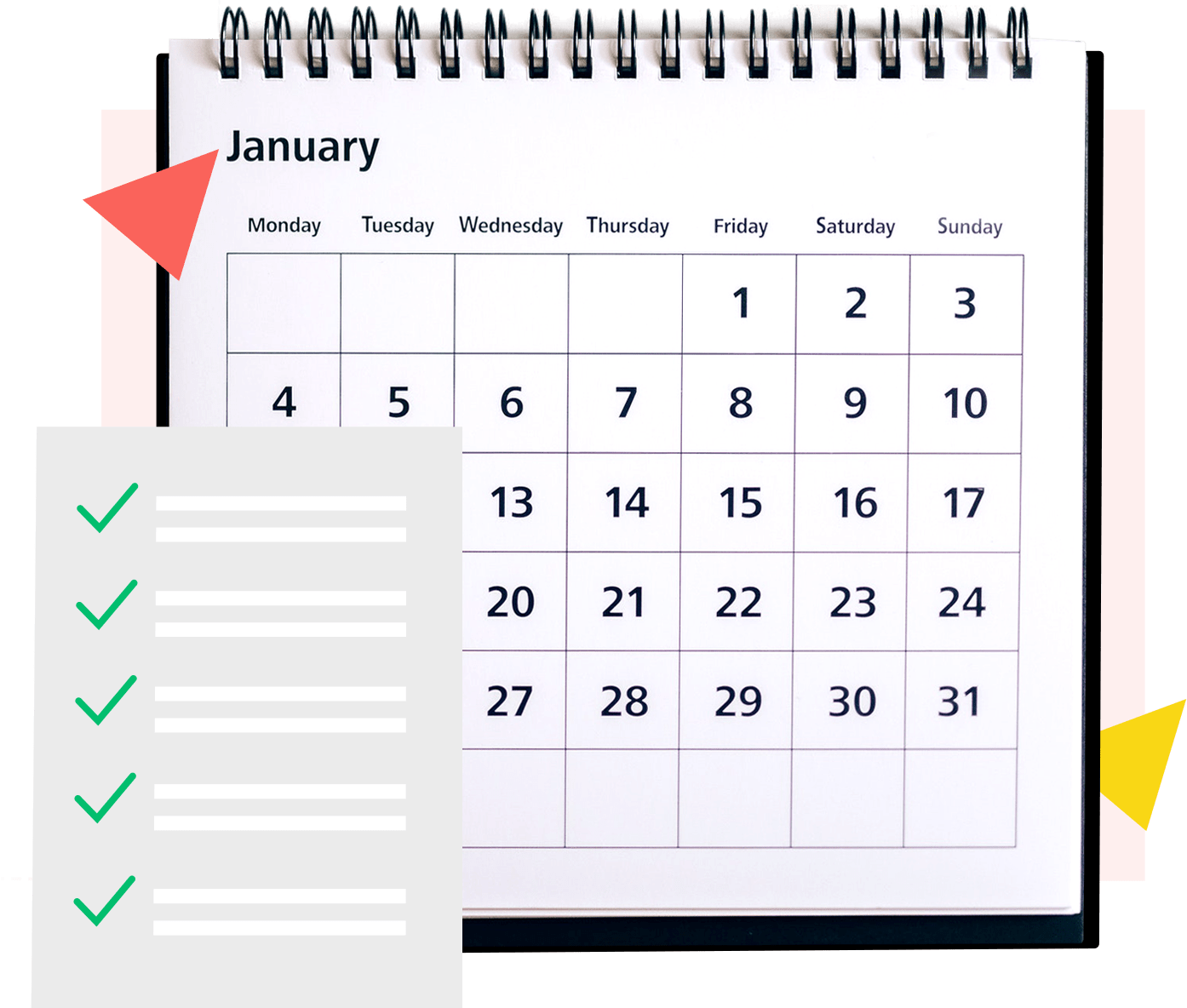
Your calendar can be an incredibly powerful tool that helps you stay focused and do deep work. With time blocking, you schedule out your day in advance, deciding what you’ll do and when you’ll do it. During each block, you only work on your assigned task and nothing else.
You can be as granular as you want with your schedule. Some people find it helpful to map out each minute of the day, while others benefit more from just scheduling certain blocks of time. At a minimum, you should use your calendar to block out time to do deep work on your most important tasks.
One advantage of scheduling out your day is that it can cut down on distractions. For example, if you create a 30-minute block for handling email, you won’t be tempted to check it throughout the day because you know that you’ll be going through your inbox at a specific time.
Another advantage is that it keeps your day from being hijacked by random requests from your coworkers. If one of them asks you to do something, you can tell them that your calendar is full for the day but that you’ll happily schedule it in. Doing this allows you to maintain more control over your day.
Use The Pomodoro Technique
The Pomodoro Technique is a strategy designed to help you work in intense, focused bursts.
It works like this:
Why is this method so effective in boosting focus and productivity? Several reasons. First, it forces you to intensely focus for a relatively short amount of time. During your Pomodoro, you can’t do anything else. And even though 25 minutes might not seem like a long time, you can still get a lot done.
Paul Klipp, president of Lunar Logic's Polish branch, says this about using Pomodoro:

You might think that a person could do 16 of these cycles in a day. I'm lucky to get more than two in a day without interruptions. But in those 50 minutes I get more done than I do in the other seven hours of my work day, at least in terms of advancing the most important aspects of my most important projects.
Second, the Pomodoro Technique allows you to recharge your brain at regular intervals. Nobody can focus their attention indefinitely. Your brain, like any other muscle, needs to rest and recover. By taking consistent short breaks, you can sustain your productivity and focus throughout the entire day.
If you really want to boost your productivity, use the Pomodoro Technique in conjunction with scheduling your day.
Create A Distraction-Free Working Environment
Your surrounding environment can make a big difference when trying to stay focused. If there are distractions all around you, your concentration will be scattered and you’ll have difficulty doing deep work. As much as possible, you need to optimize your work environment so that it is distraction-free.
There are a few ways you can do this:
If you can’t stay away from distracting websites, such as Facebook or Reddit, use a distraction-blocking app like Freedom or Rescue Time. These apps will prevent you from seeing any sites you specify. You can even block internet access altogether if you need to.
Your goal is to create a work environment that is highly conducive to focus. Reducing the amount of distractions around you makes it easier for you to engage in deep work without having your attention hijacked.
Novelist Jonathan Franzen understands the importance of blocking out distractions, going so far as removing the wireless card from the computer he used while writing The Corrections.
He notes:
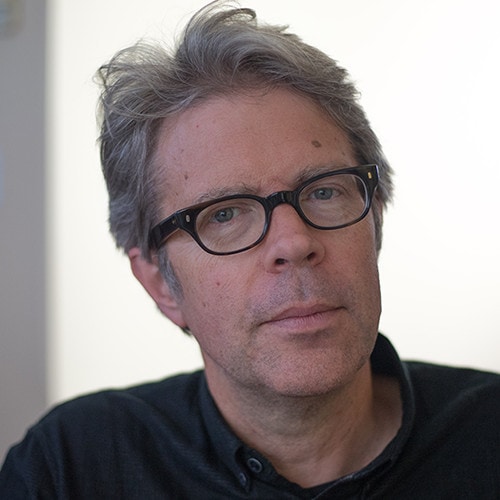
I need to isolate myself at the office, because I’m easily distracted and modern life has become extremely distracting. Distraction pours through every portal, especially through the internet. And most of what pours through is meaningless noise. To be able to hear what’s really happening in the world, you have to block out 99% of the noise.
Clear To Neutral
Have you ever experienced this? You sit down at your desk to work and fire up your computer. There are 10 apps running and 14 open tabs on your browser. Instead of doing what you had planned, you’re distracted by all that’s happening on your computer.
The solution?
Clear to Neutral is the habit of “resetting” things so that they’re ready for future use. In restaurants, they clean the grill before the restaurant closes so that it’s ready to use the next day. If the grill was dirty and there were dishes piled everywhere, it would be extremely difficult to prepare good food.
You can implement the same principle in your life. When you’re done using an app, close it. Once you’re finished researching for an article, close out all your browser tabs. Before leaving the office for the day, clear your desk, computer, and any inboxes you have.
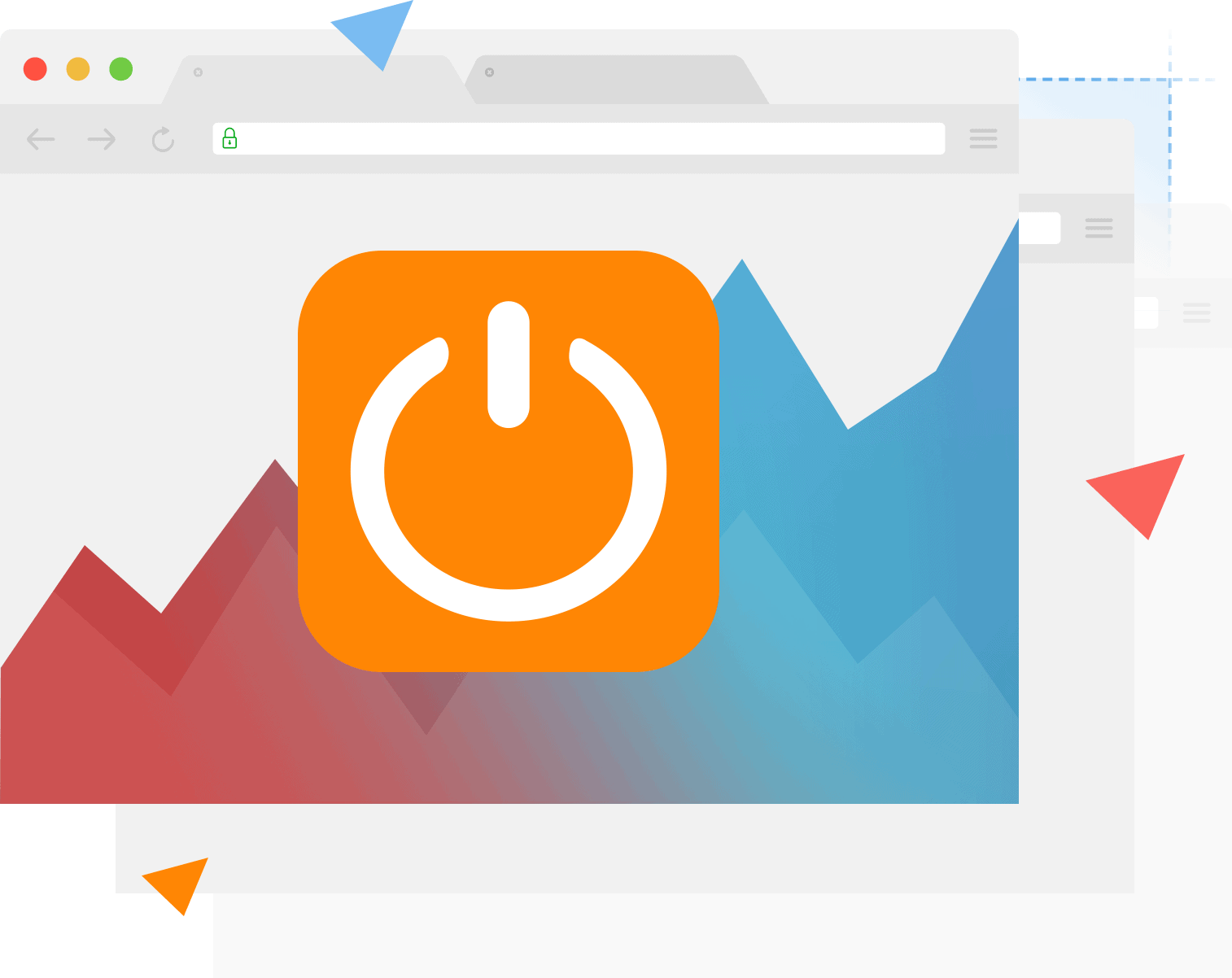
The more you implement Clear to Neutral, the less friction you’ll have in your life. It becomes much easier to start tasks and stay focused on them. You are setting your future self up for success.
Use An External “Brain”
Many times, your brain can be your own worst enemy when you’re trying to focus. One minute, you’re diligently working. The next minute, you’re thinking about errands you need to run and bills you need to pay and a movie you want to watch.
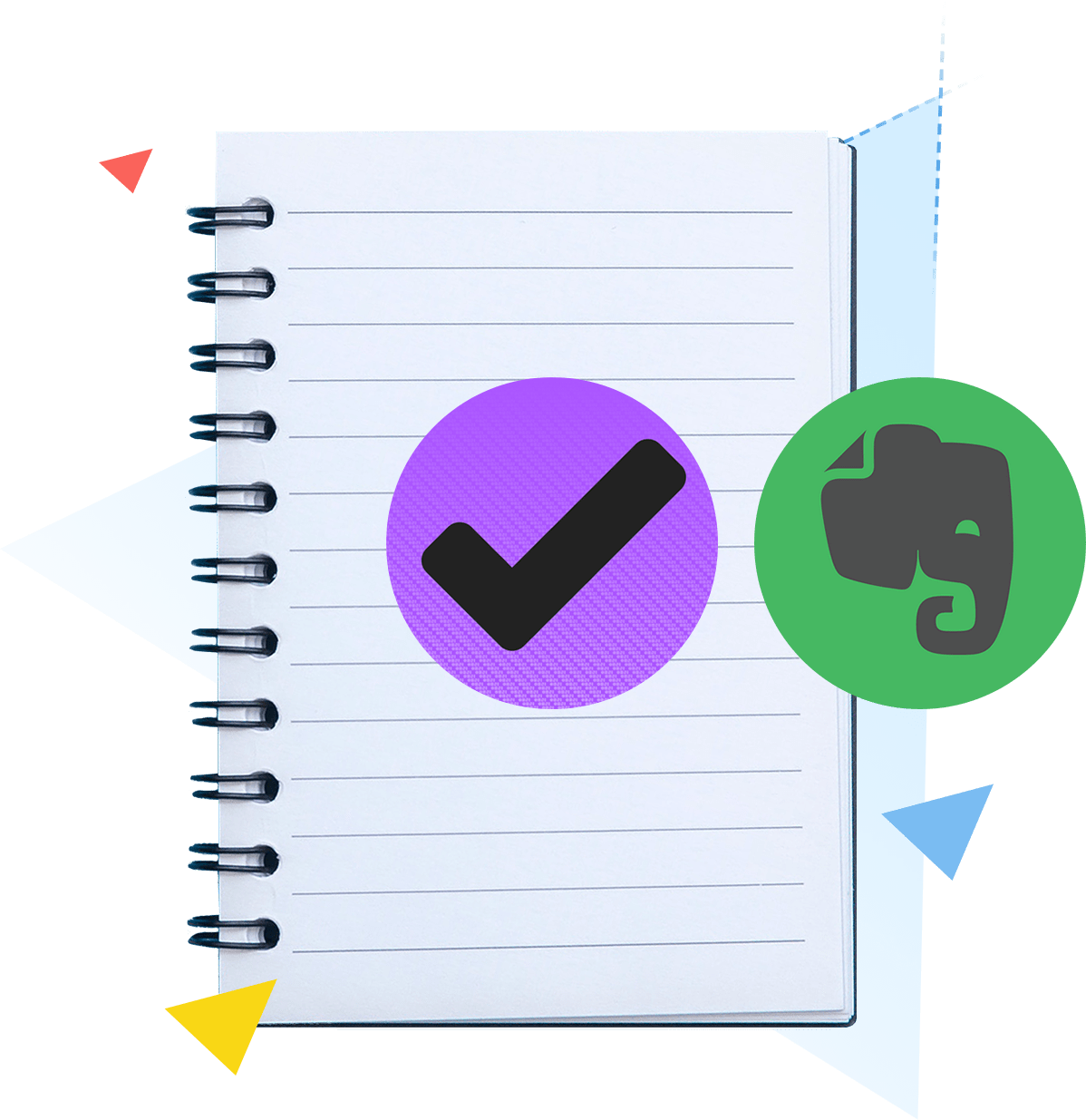
Having some sort of external “brain” where you make note of any important thoughts can make it much easier to stay focused. A simple solution is to carry a small notebook and pen with you and jot down anything that comes to mind.
If you want a more tech-oriented solution, consider using a task manager like OmniFocus to capture important ideas. If something comes to mind while you’re trying to focus, put it in the Inbox and then organize it at another time.
Another option is to use a note taking app like Evernote, which makes it easy to capture, organize, and store information. Evernote also has the advantage of a powerful search function, making it relatively simple to find anything you store.
Automate Tasks
If you can automate tedious, manual tasks, you can spend more time doing deep, focused work. For example, say you want to copy a number of emails from Gmail to Evernote. Doing this manually could take a significant amount of time.
An automation app, such as Zapier, allows you to create a process that automatically copies over any emails that meet your specifications (from a certain person, starred, etc.). Zapier works with thousands of different apps and can literally save you hours every day.
If Zapier doesn’t support a particular app, IFTTT probably does. The more you can automate, the more time you free up for doing work that actually matters to you. You can give your focused attention to meaningful tasks instead of menial ones.Improved Focus, Improved Life

Knowing how to focus will absolutely change your life for the better. The quality of your life rises and falls based on your focus. When you focus on doing good, important, meaningful tasks, you feel a deep sense of satisfaction.
On the other hand, if you allow yourself to be constantly sidetracked into shallow, unimportant activities, you’ll feel a sense of emptiness and pointlessness.
We’ve talked about a lot of different strategies for increasing focus. It’s important to note, however, that there is no silver bullet. It takes effort to improve focus. It’s like a muscle in some ways. The more you work on increasing focus, the stronger your focus “muscle” will become.
If you find it tough to concentrate at first, don’t be discouraged. Implement the strategies we discussed and be patient with yourself. If you’re tempted to give up, go back to the reasons you want to focus. Let them motivate you and keep you on the right track.
Bruce Lee famously said, “The successful warrior is the average man, with laser-like focus.”
You may not be a warrior, but laser-like focus will certainly make you successful.
Now get out there and start developing your ability to focus.
Further Resources
For more tips and strategies check out the posts below.
We also have the top productivity podcast, The Productivity Show, where we go deeper. Below you will find some the best episodes on this topic.
September 6, 2022

